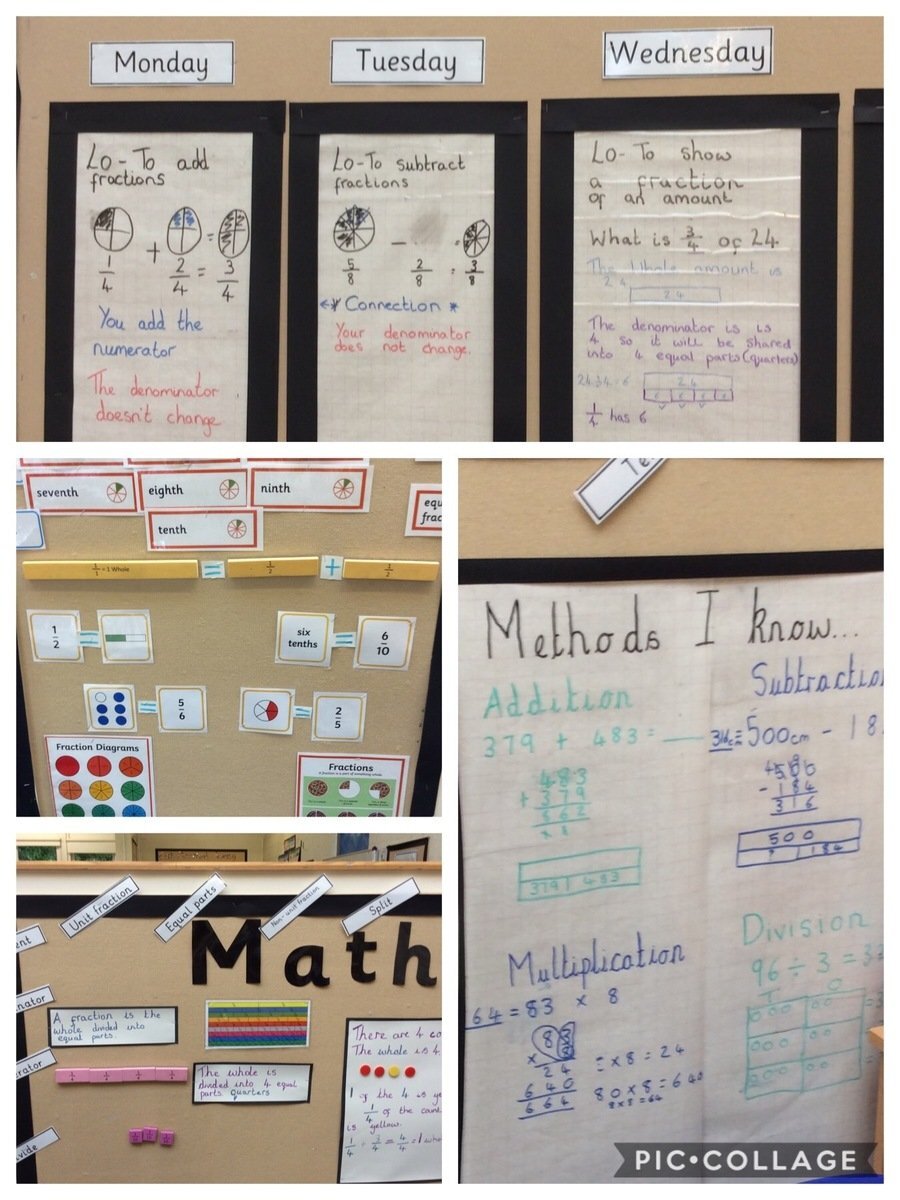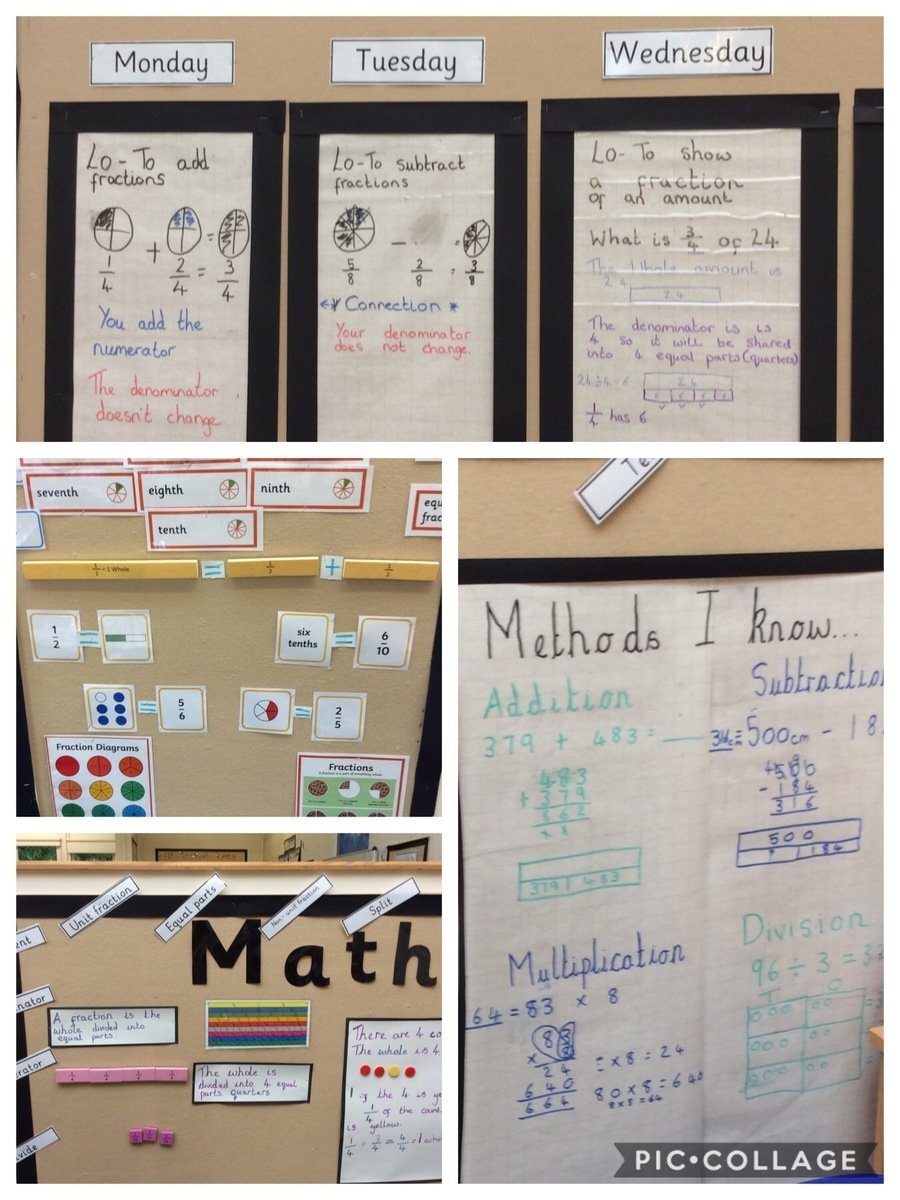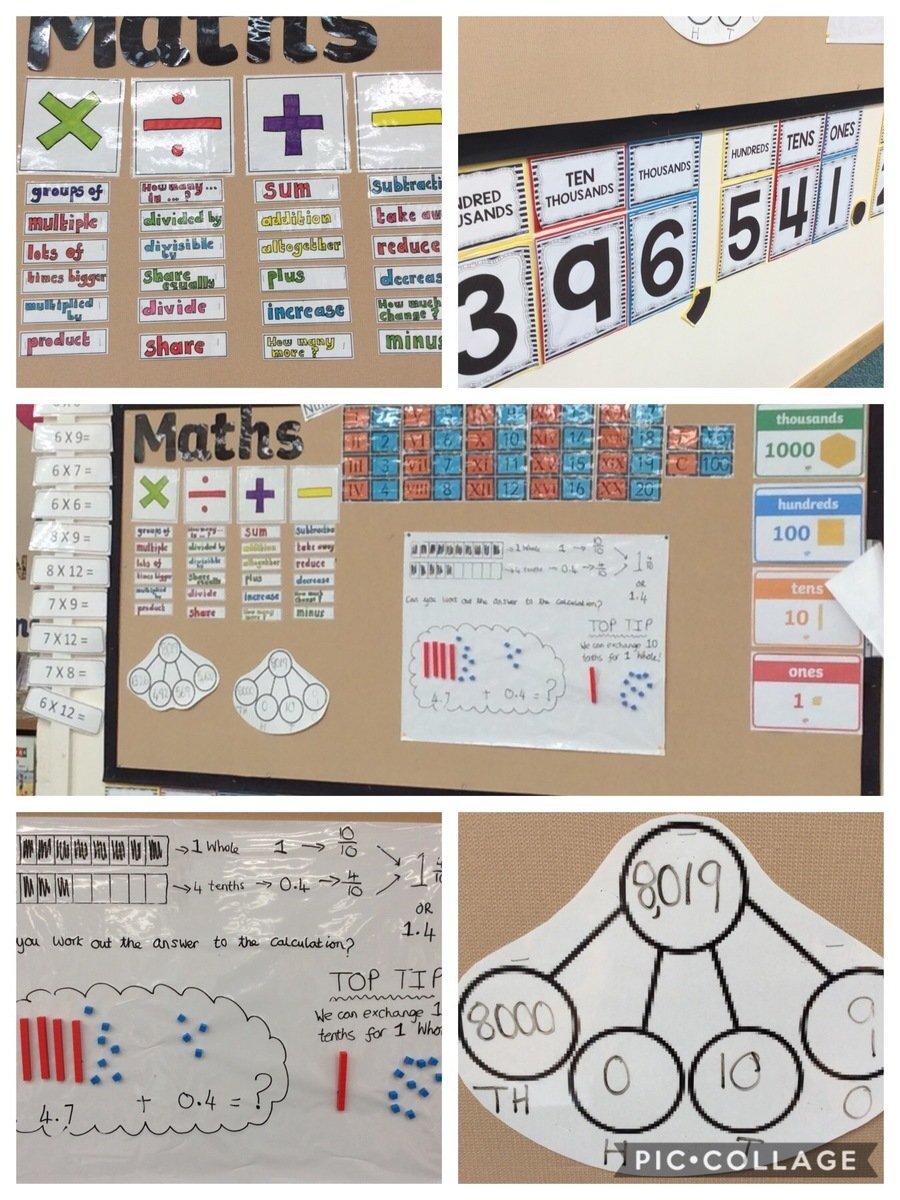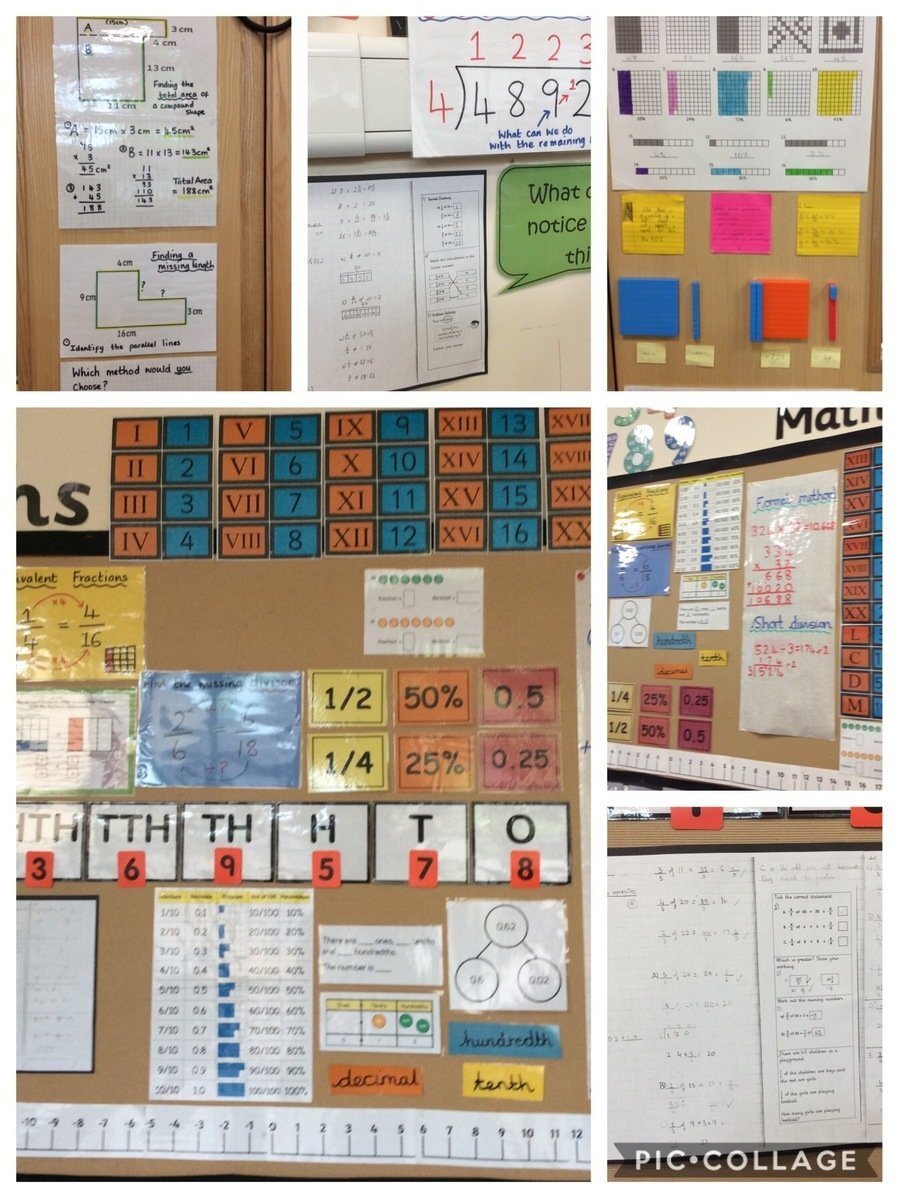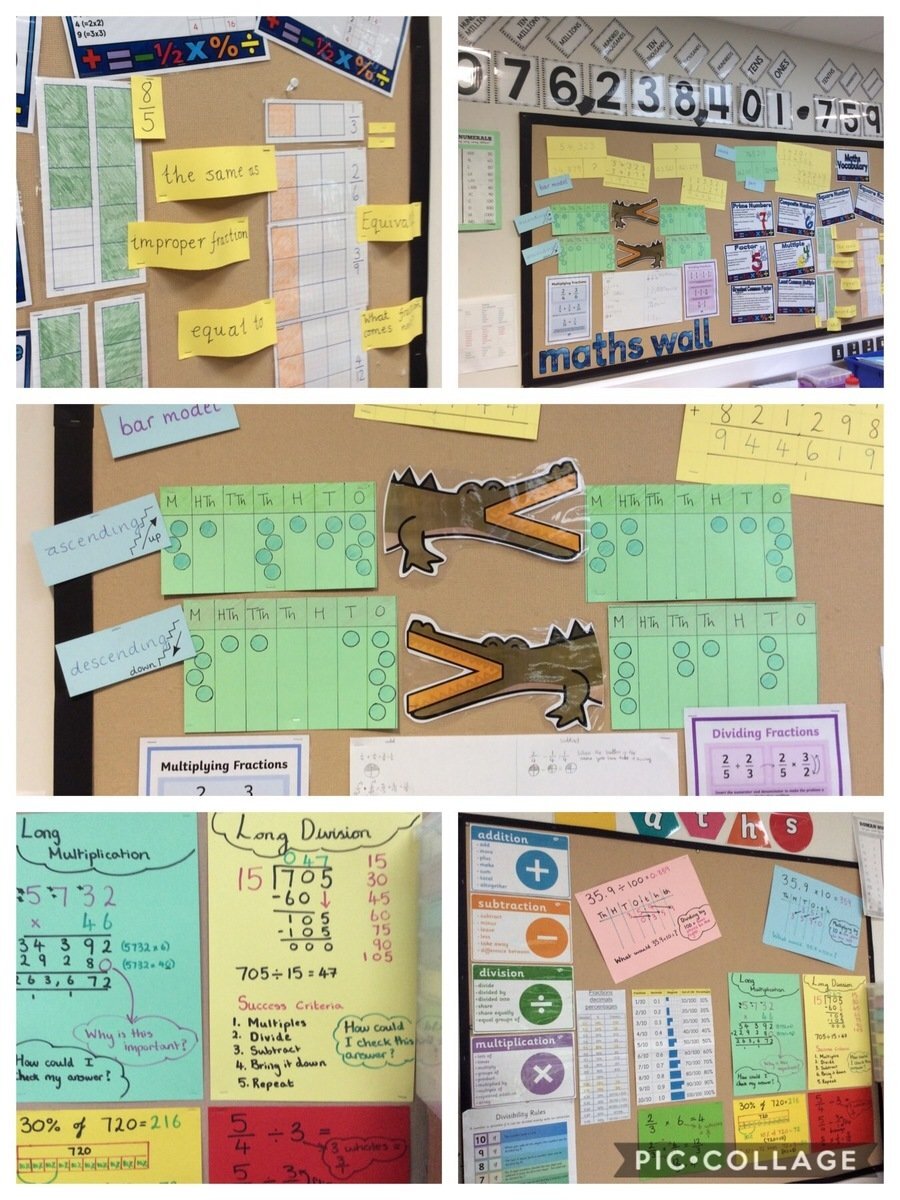Mathematics Curriculum Leader: Miss Walker

Click to see whole school Maths implementation.
Maths Impact
The intended impact of the Mathematics Curriculum at The Friars is that the majority of our children, in each year group, will be working at or above the expected level for their age in Mathematics at the end of each year.
In addition, it is the intended impact of the curriculum that our children:
- Demonstrate a quick recall of facts and procedures, including recollection of the times tables and division facts
- Show confidence in believing that they will achieve.
- Acquire, apply and deepen skills with a lesson or sequence of lessons.
- Demonstrate the flexibility and fluidity to move between different contexts and representations of mathematics.
- Develop the ability to recognise relaitonships and make connections in maths lessons and with real life.
- Master mathematical concepts or skills and can show it in multiple way, using the mathematical language to explain their ideas, and can independently apply the concept to new problems in unfamiliar situations.
- Show a high level of pride in the presentaiton and understanding of the work in their books.
We measure the impact of our mathematics curriculum through the following methods:
- End of Learning Block and Termly assessments using White Rose Assessment materials.
- Analysis of any of the assessments carried out is undertaken and fed into future planning.
- Teachers will assess children against the standards of working at EXS, Just Below, Below and Greater Depth at termly intervals (three times a year). The judgement is based on the content being taught currently.
- Feedback is given on children’s learning in line with our marking and feedback policy. Formative assessment within every lesson helps teachers identify the children who need more support to achieve the intended outcome and those who are ready for challenge through planned questioning or additional activities.
- Regular Pupil Voice / discussions with children about their learning – this will support with assessing how much knowledge the children are retaining overtime and are able to recall when asked. Questions will be about the learning that is documented in ther mathematics books.
- Regular book looks to monitor progress, adherence to policies and opportunties for developing fluency, reasoning and problem solving.
- Mathematics Learning Walks to ensure effective small step lesson planning, enjoyment and resilience.
- Weekly and half-termly monitoring of progress in times tables facts.
- Y4 completing a multiplication check every 3-4 weeks and the monitoring of progress on TTRS.




